It's OK If It's Hard to Be Thankful This Thanksgiving
Thanksgiving is here. This is the time of year where we are often told to take time to recount good moments from the year, give thanks to those around us, and to be grateful for the things we have.
Reflecting on the year, and reminding yourself about all that there is to be thankful for, can be a wonderful way to practice self care and take care of your mental health. However, sometimes this day can feel like an overwhelming experience. Holidays can be difficult for many people for several different reasons.
While this time may be full of joy for some, for others it can be a big reminder of loss and sadness that can be hard to deal with.
Many members of the LGBTQ+ community deal with estrangement from their family, and can feel uncomfortable gathering with family members on Thanksgiving—while others deal with the grief of being uninvited all together. From concerns surrounding COVID, to loss of family members or friends, and even deployment of loved ones, some feel the heartache of not having the ability to connect with those they wish they could spend the holiday with. Indigenous people face their own challenges on this holiday as others celebrate around them. These struggles, and so many more, can make it difficult to think back on the year, to give thanks, and to truly feel grateful. That’s ok too.
Because Thanksgiving is so centered around being appreciative and giving thanks, it’s easy for toxic positivity to seep in and make it even harder to navigate our mental health challenges. Toxic positivity occurs when we dismiss negative emotions or respond to distress with false reassurance, instead of empathy.
Around this time of year, we encounter an influx of overly positive messaging that may skew the way we approach our own mental health. When we hear that this is the time to be thankful for everything we have, to be grateful, and to appreciate those around us, it can be easy to fall into the silence that stigma creates. Often we feel as though we are not allowed to speak up about negative emotions or have bad experiences when there “is so much to be thankful for.”
While these sentiments can often be made with good intentions, they can be damaging to those who are struggling with a mental health challenge. The truth is, our mental health is an everyday journey. Not all of those days are going to be good ones, and that includes holidays like Thanksgiving.
But in a world so strongly influenced by stigma, how do we combat this toxic positivity that can surround the holiday?
Start by giving yourself grace. Allow yourself to feel your emotions. Having mental health conversations (even those you have with yourself) can be difficult and awkward. Take time to practice self care today. Big or small, allow yourself to do something that makes you feel good. Take a walk, have an extra helping of the tastiest side dish, or chat with your favorite dinner guest. Instead of ignoring your feelings, or blanketing them with a general “thankful” statement, give yourself room to recharge and refresh. It’s ok to need a moment away from those around you, too.
Toxic positivity can seep in when we feel uncomfortable. When we don’t know what to say, or how to process our negative feelings, it can feel easier to throw a general positive statement out to ignore the problem and end a potentially awkward conversation. Oftentimes when we express mental health experiences or negative emotions, we are met with responses such as “Everything happens for a reason”, “Things could be worse”, or “Just be positive” These statements, however well intended, can be extremely damaging. To break down the stigmas that surround us, we must begin to talk about our mental health.
It can be hard to find the right words when responding to others expressing their mental health challenges. Instead of leaning towards potentially harmful toxic positivity, these are some phrases you can use to help:
I may not understand what you are going through, but I can see that it is causing you pain, and I want to help.
I want to help you. Tell me what I can do to help.
There are people who can and want to help.
You don’t have to talk if you don’t want to, but I can and want to listen.
I can tell something is wrong and that you are hurting. I’m here for you.
Thanksgiving can continue to be a day full of thanks, reflection, and being grateful, but it can also be whatever else you need it to be. If everyone is going around the table saying what they’re thankful for, and you’re having trouble finding something to add, that’s ok! You can start the conversation about your mental health, and support someone else who may be having trouble speaking up about their experiences too. The more we talk about our mental health, the more we realize we aren’t alone.
We are thankful for you, and despite the things you’ve been through, remember that It's Ok Not to Be Ok.

